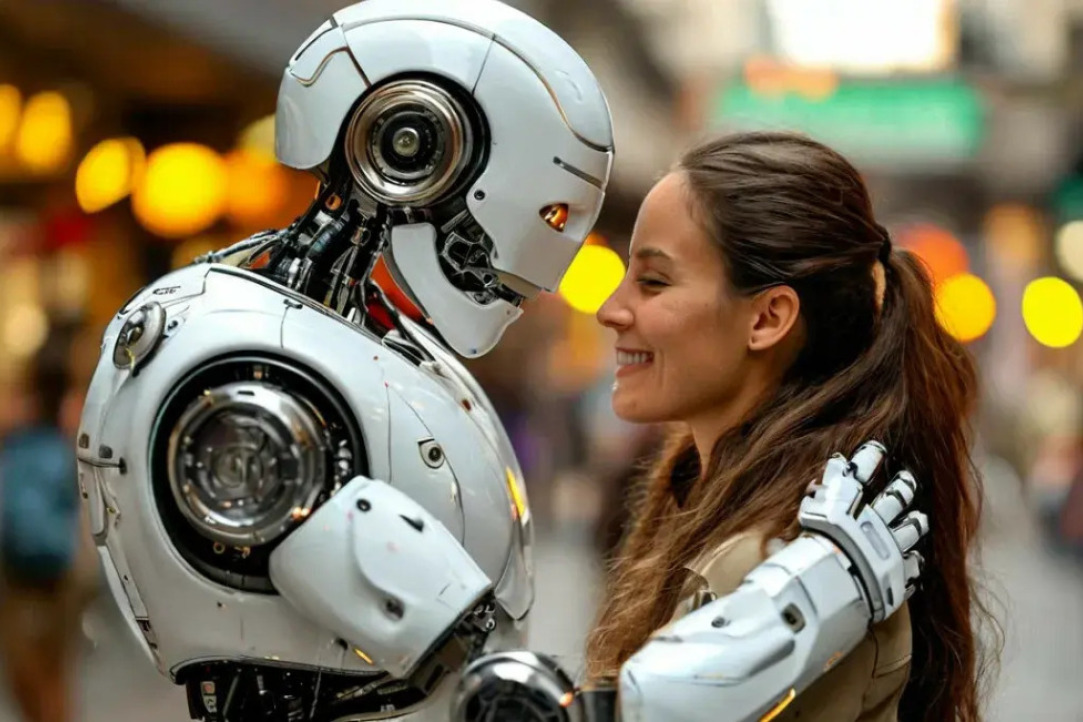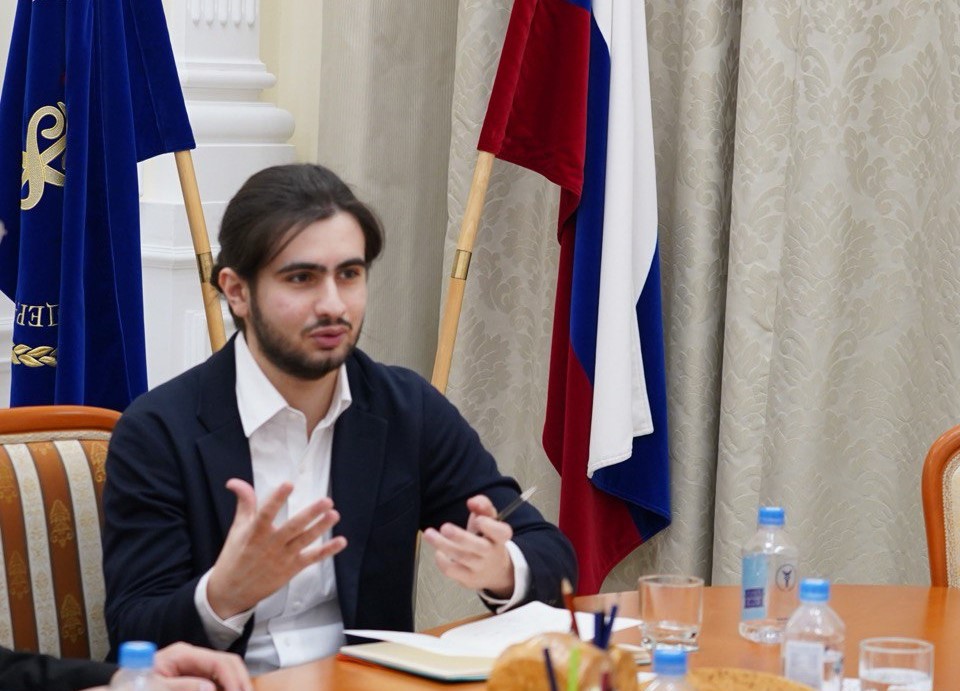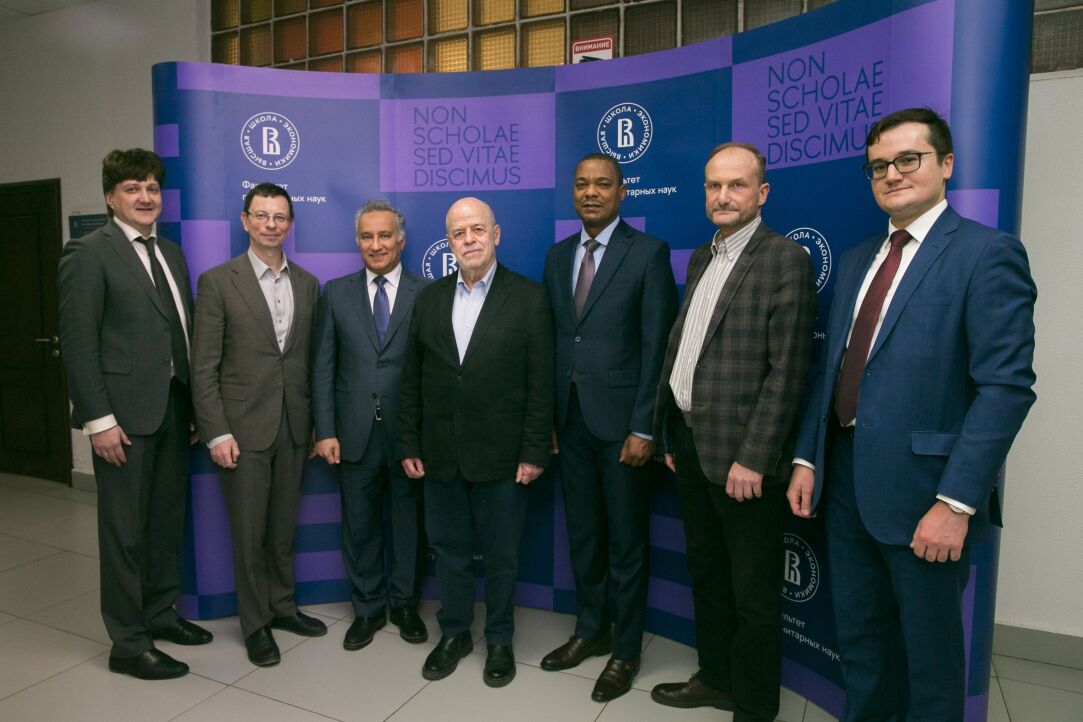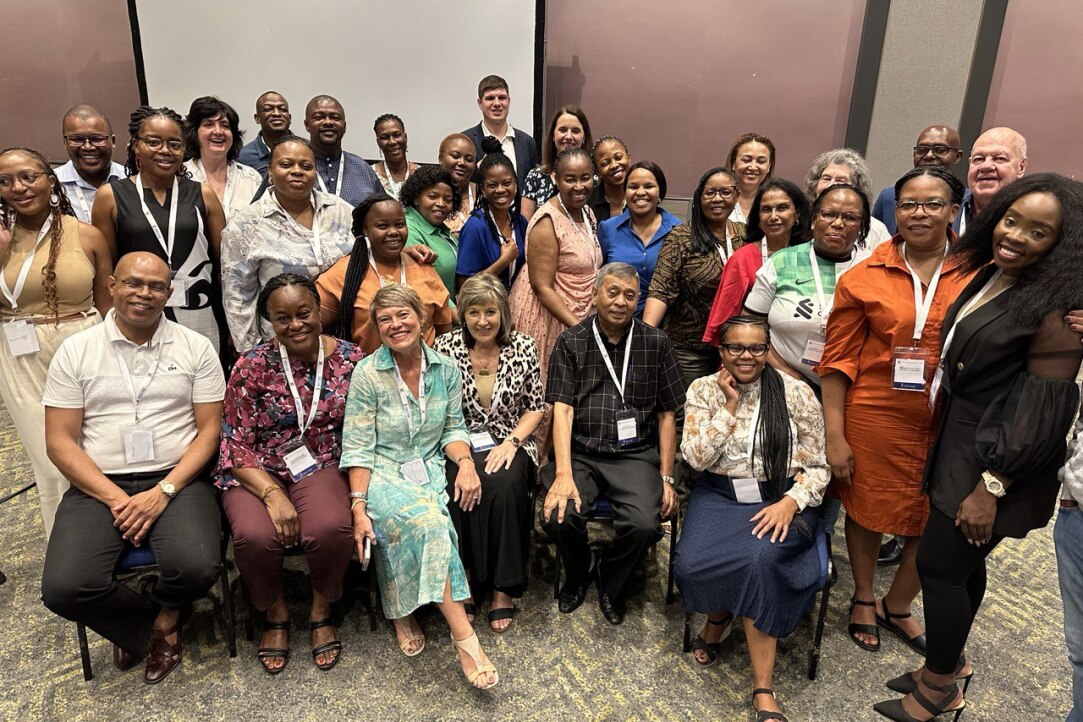
AI Ethics: When Smart Algorithms Should (and Shouldn’t) Be Used
Artificial intelligence can help in many areas, from legal contracts and business to medical examinations. But is it worth sharing the most intimate, ‘too human’ things with it—feelings, ideas, plans, developments, and innermost desires? Anna Kartasheva, a researcher at the International Laboratory for Applied Network Research at HSE University, discusses this in an interview with IQ Media.

HSE Researchers Discover Simple and Reliable Way to Understand How People Perceive Taste
A team of scientists from the HSE Centre for Cognition & Decision Making has studied how food flavours affect brain activity, facial muscles, and emotions. Using near-infrared spectroscopy (fNIRS), they demonstrated that pleasant food activates brain areas associated with positive emotions, while neutral food stimulates regions linked to negative emotions and avoidance. This approach offers a simpler way to predict the market success of products and study eating disorders. The study was published in the journal Food Quality and Preference.

‘I See a Great Need for Organisations That Support Russian and Chinese Businesses’
Anastas Karagadaev, a graduate of the master’s programme ‘Science, Technology and Innovation Management and Policy’ at the Institute for Statistical Studies and Economics of Knowledge (ISSEK) at HSE University, achieved significant career success even during his student years. Back then, he actively participated in the Laboratory for Science and Technology Studies at ISSEK and founded his own start-up. Currently, he is working on developing projectswithin the Russia–China Centre for Innovation Cooperation in Nanjing.
HSE Experts Share BRICS Experience with Iranian Colleagues
From February 24 to 26, 2025, HSE University held its first training seminar in Iran, titled ‘BRICS: Structure and Cooperation Platforms Workshop.’ The seminar focused on cooperation between BRICS countries and the key mechanisms of the organisation. It was organised at the request of the Iranian side by the BRICS Expert Council – Russia, based at HSE, and the Centre for Progress and Development of Iran Presidency (CPDI), in partnership with Iran's largest technology park, Pardis Technology Park, as well as Shahid Beheshti University, the Iran National Innovation Fund (INIF), and the Iranian International Innovation District (IIID).

Russian Scientists Demonstrate How Disorder Contributes to Emergence of Unusual Superconductivity
Researchers at HSE University and MIPT have investigated how the composition of electrons in a superconductor influences the emergence of intertype superconductivity—a unique state in which superconductors display unusual properties. It was previously believed that intertype superconductivity occurs only in materials with minimal impurities. However, the scientists discovered that the region of intertype superconductivity not only persists but can also expand in materials with a high concentration of impurities and defects. In the future, these superconductors could contribute to the development of highly sensitive sensors and detectors. The study has been published in Frontiers of Physics.

HSE Scholars Expand Arabian Studies
HSE University hosted a presentation of the Centre for South Arabian Studies, established under the Institute for Oriental and Classical Studies at the Faculty of Humanities. The centre’s work aims to enhance the study of languages and cultures while fostering closer collaboration with scholars and universities in the Arabian Peninsula. The presentation was attended by HSE Rector Nikita Anisimov and diplomats from Yemen, Oman, Saudi Arabia, and the UAE.
Indonesian Parliamentary Delegation at HSE: New Prospects for Cooperation
On 24 February, 2025, the HSE campus on Pokrovka hosted a meeting with a delegation from the Committee for Inter-Parliamentary Cooperation of the House of Representatives of the Republic of Indonesia. HSE Vice Rector and Head of the BRICS Expert Council–Russia Victoria Panova took part in the event alongside representatives from the university’s academic departments and research centres. During the meeting, the parties discussed key areas for strengthening academic and expert cooperation, as well as joint initiatives in science and technology, including those within the BRICS framework.

HSE’s Education Observatory Establishes Research Network Across All BRICS Countries
The International Education Observatory initiative, launched by HSE University to focus on expert evaluation, analytics, and joint scientific research, has successfully completed the formation of a research network across all BRICS nations. South Africa was the final link, with the University of Pretoria and the University of the Witwatersrand joining experts from Russia, China, India, and Brazil.
.jpg)
‘Human Capital Has Been the Subject of Discussion in a Variety of Scientific Venues’
The work results of world-class research centres were presented at the Government Coordination Centre. Leonid Gokhberg, First Vice Rector of HSE University, spoke about the main scientific results of the Human Capital Multidisciplinary Research Centre.

HSE Scientists Take Important Step Forward in Development of 6G Communication Technologies
Researchers at HSE MIEM have successfully demonstrated the effective operation of a 6G wireless communication channel at sub-THz frequencies. The device transmits data at 12 Gbps and maintains signal stability by automatically switching when blocked. These metrics comply with international 6G standards. An article published on arXiv, an open-access electronic repository, provides a description of certain elements of the system.


Submission Deadline: December 20, 2025